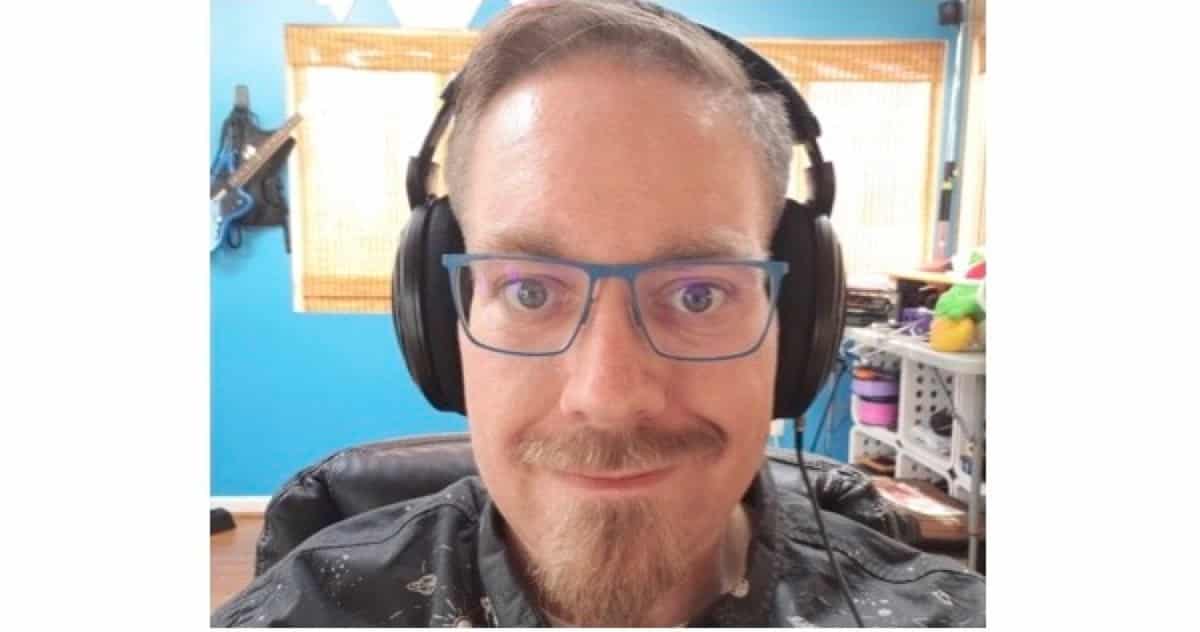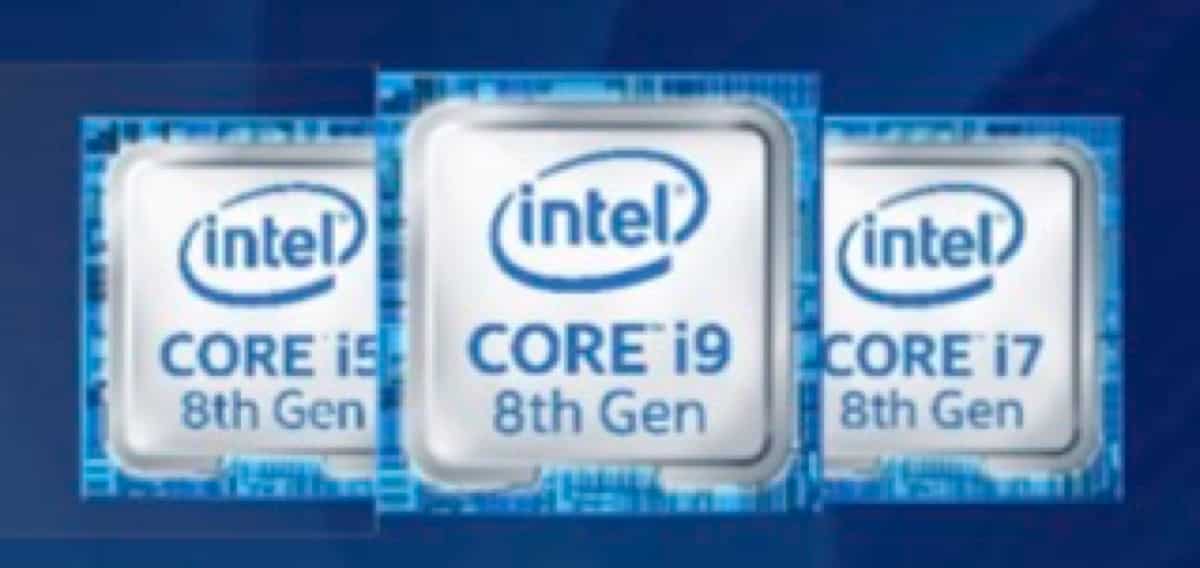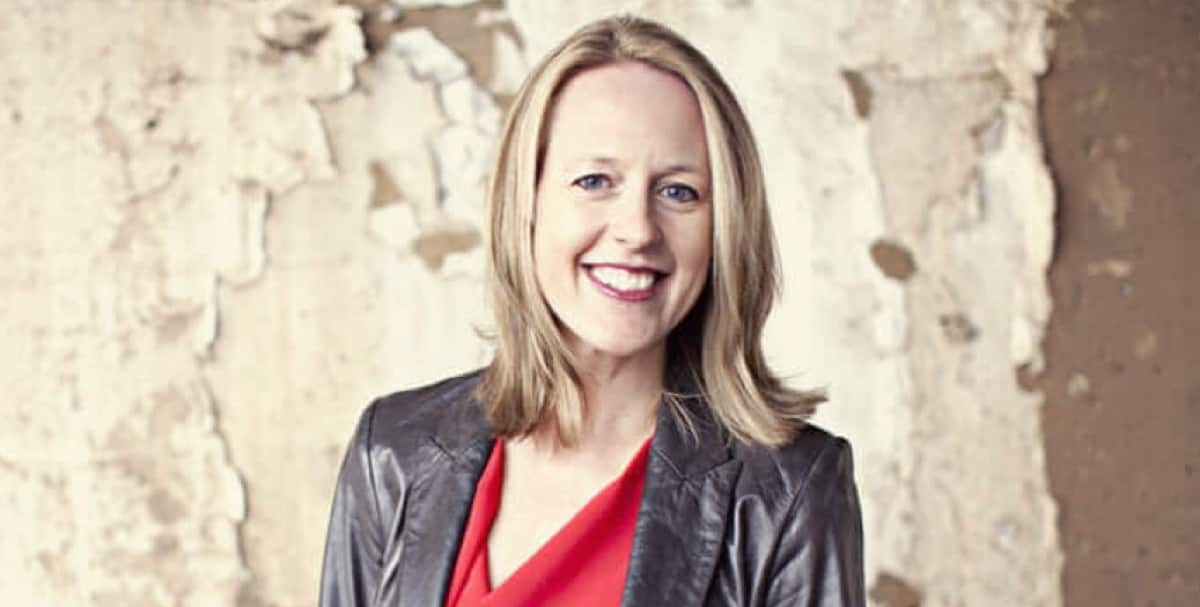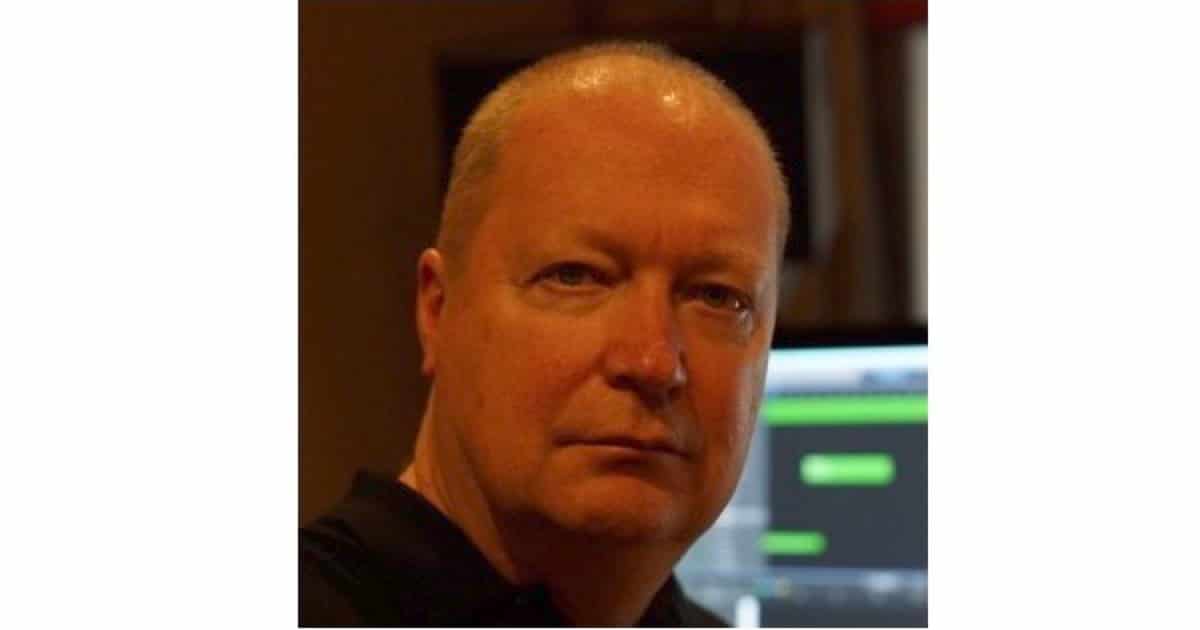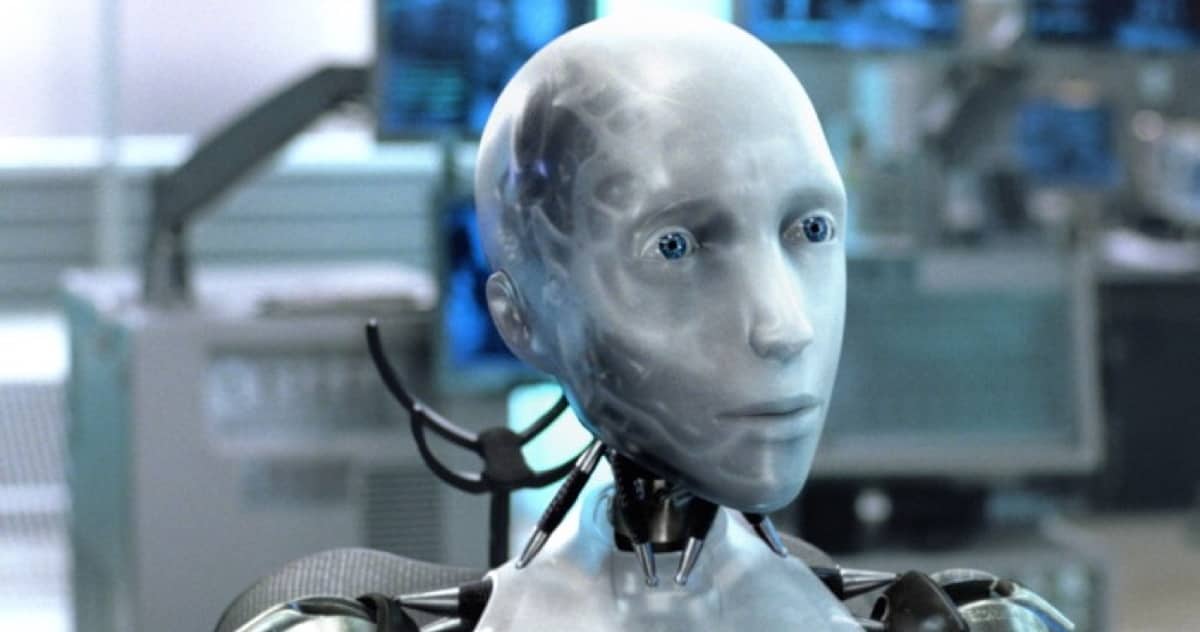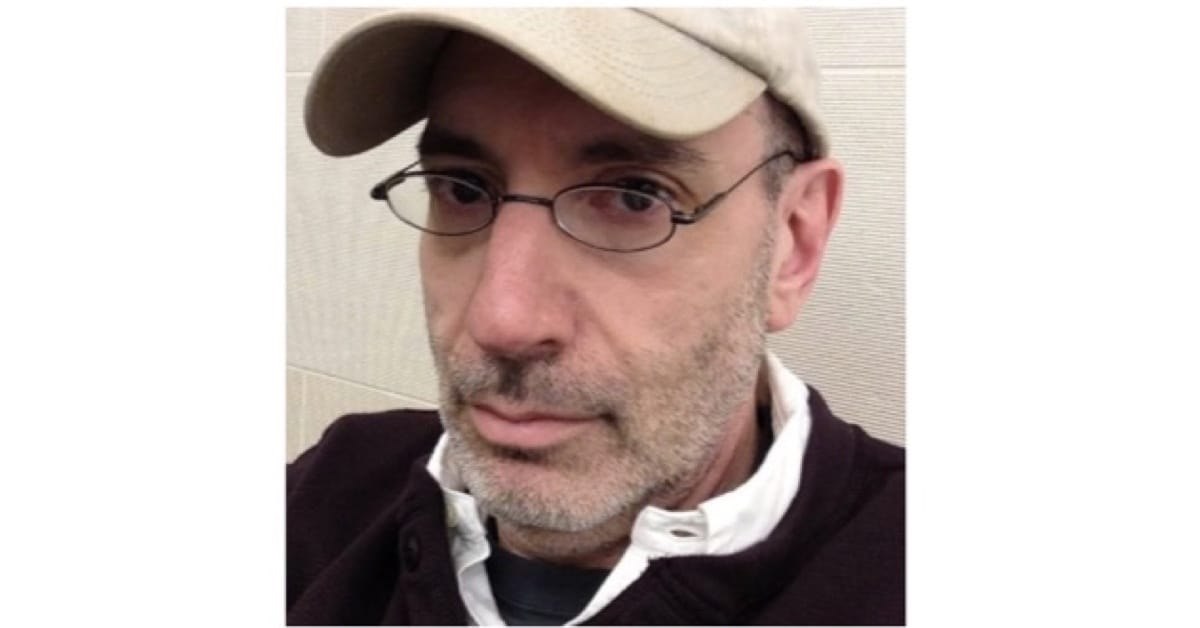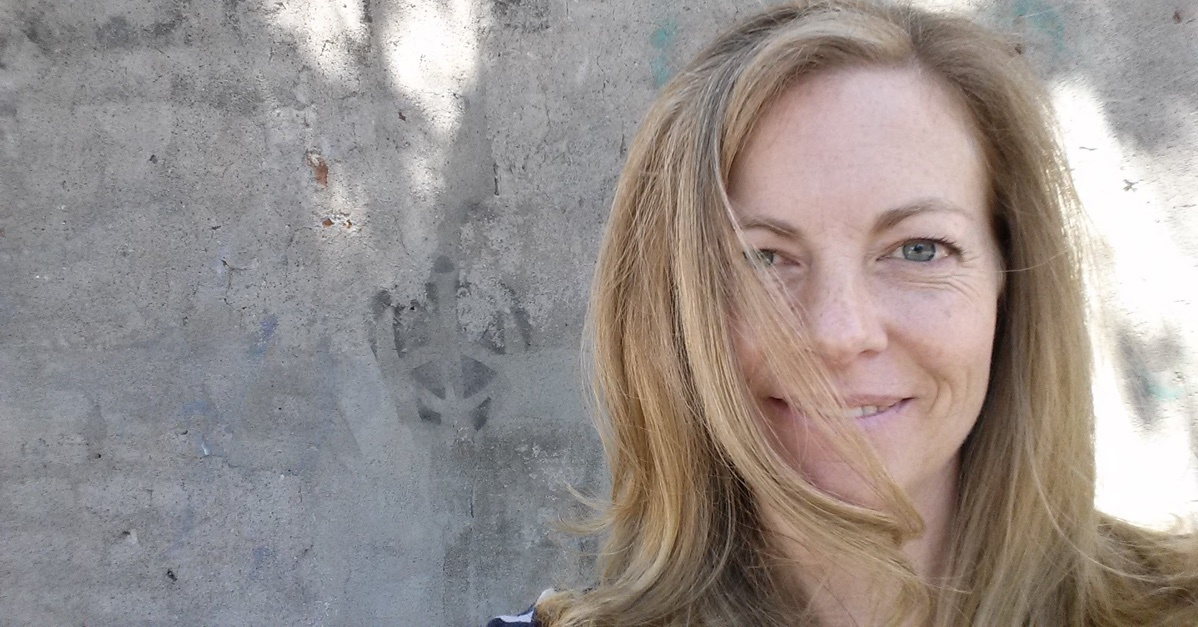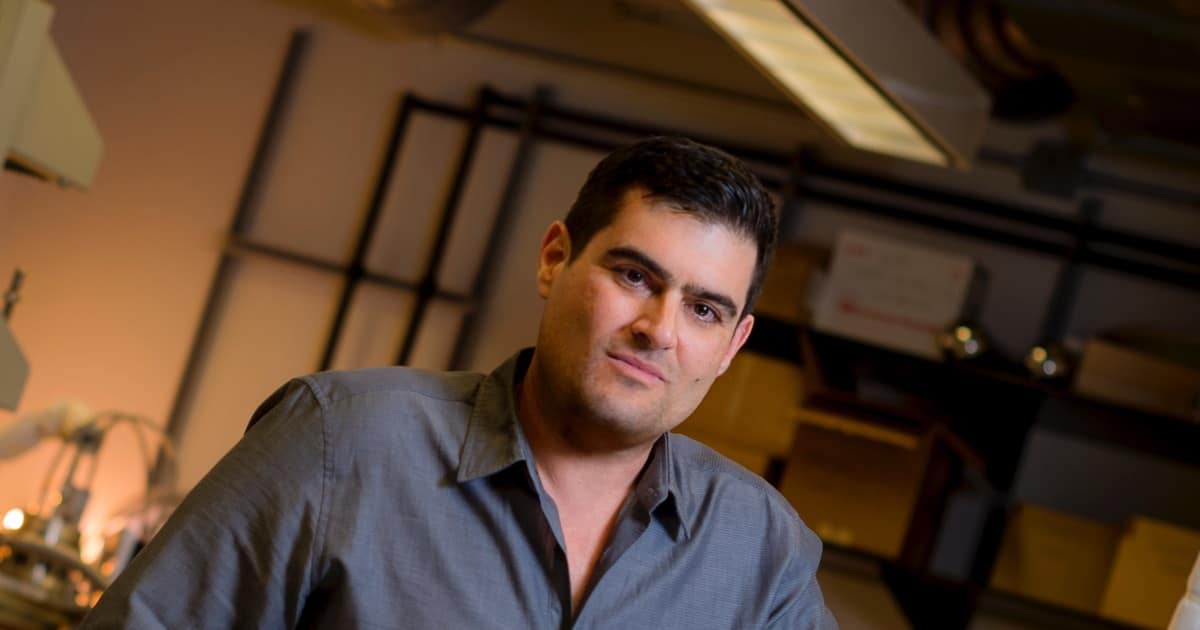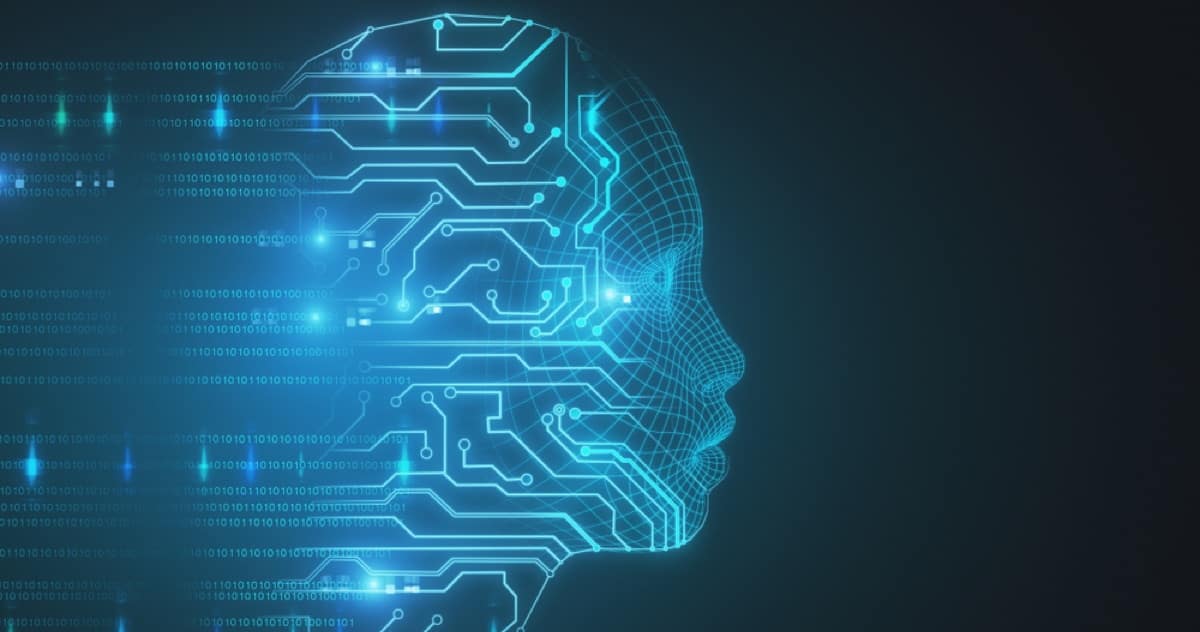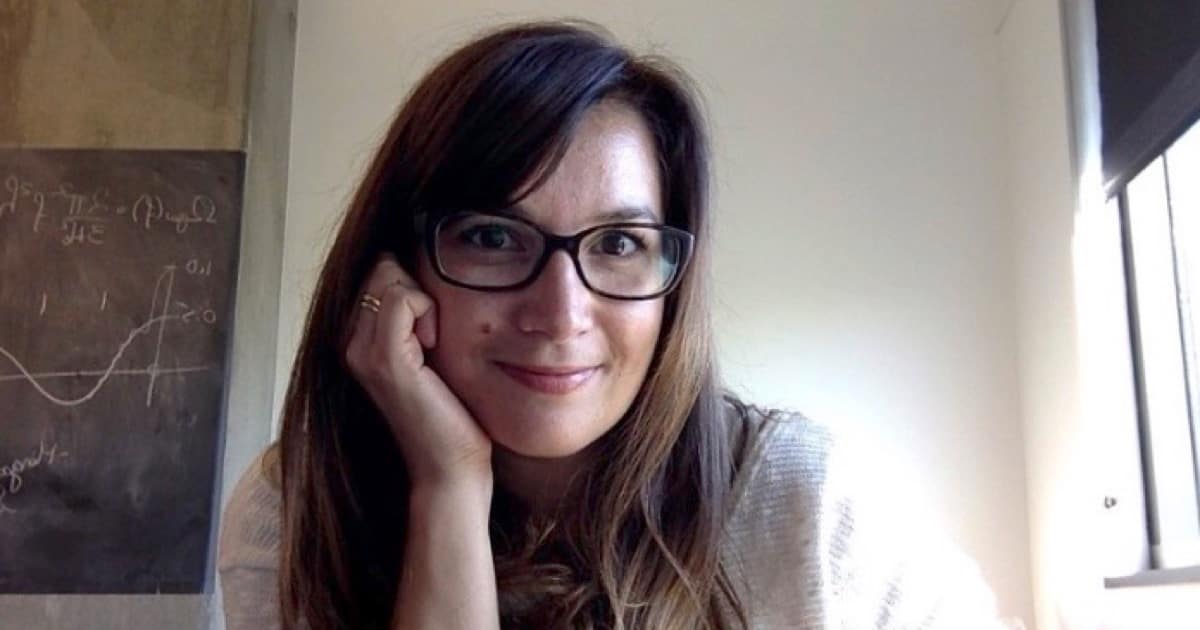Russell Holly is a Contributing and Managing Editor at Android Central, under the Mobile Nations umbrella. Formerly, he was with geek.com. Over the years Russell has become an Android expert with focus on mobility, smartphones, tablets … and iOS as well. He also writes about Virtual and Augmented Reality. I took the opportunity to ask Russell about the security aspects of Android, and he had some unexpected answers that will be of interest to Apple-centric listeners. (Get the scoop on Android from a genuine expert.) We also discussed Android’s “notch envy.” Moving on to Chrome OS, Russell explained what Google is doing with Android app integration and how that fits in with Google’s education initiatives. We finished with a revealing discussion of Virtual Reality and the future of Oculus Rift and the less expensive, stand alone Oculus Go.
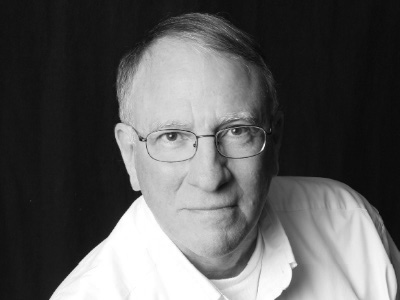
John Martellaro
John Martellaro was born at an early age and began writing about computers soon after that. With degrees in astrophysics (B.S.) and physics (M.S.), he has worked for NASA, White Sands Missile Range, Lockheed Martin Astronautics, the Oak Ridge National Laboratory and Apple. At Apple he worked as a Senior Marketing Manager, a Federal Account Executive and a High Performance Computing manager. His interests include chess, science fiction and astronomy. John is the host of the TMO podcast Background Mode.
Articles by John Martellaro
A Great Collection of WWDC 2018 Wishlists
Technical journalists don’t have access to Apple’s roadmaps, but they do have pretty good ideas about what might help us all with Apple’s new hardware and software.
How to Install NetBeans to Write and Debug HTML on Your Mac for Free, Part II
NetBeans is a very useful IDE that supports many languages on the Mac. In the first article, John explained how to do the install. Here, in Part II, he shows how to get started writing and learning HTML.
What to Know About the New Intel CPUs: Coffee Lake & Cannon Lake
Apple’s 2017 MacBook Pros and iMacs use the Intel “Kaby Lake” CPUs. But “Coffee Lake” is coming and “Cannon Lake” after that. John sorts it all out.
How to Install NetBeans to Write and Debug HTML on Your Mac for Free, Part I
You’re in an HTML class. You want to write, test and debug your HTML without the fuss of running a separate web server. NetBeans allows you to do that. John shows us how.
TMO Background Mode Interview with Founder, CEO of StaceyHankeInc, Stacey Hanke
Stacey Hanke is the CEO and founder of StaceyHankeInc. She specializes in training business leaders in leadership, body language habits and how to choose words wisely. Her clients include those in finance, health care, government and the military. She’s the author of Influence Redefined – Be the Leader You Were Meant to Be, Monday to Monday. She’s also co-author of Yes You Can! Everything You Need From A To Z To Influence Others To Take Action. I asked Stacey to be on the show because of her expertise in leadership and influence. These days, there is much discussion about the proper exercise of leadership as well as how executives (and authors) trigger people into taking action. Stacey and I chatted abut how her upbringing and how a very special mentor prepared her to become an acknowledged expert in leadership.
How to Use Parallels Desktop to Run macOS High Sierra as a Virtual Machine
A virtual machine environment on the Mac allows one to run a licensed copy of Windows or some popular distributions of Linux. John shows us how to also run macOS as a virtual machine guest OS inside macOS as a host.
TMO Background Mode Interview with Music Composer John Lunn
John Lunn is a classically trained music composer in London. He’s probably best known for scoring the TV drama Downton Abbey — for which he received two Primetime Emmy awards. His recent work includes the scoring of the feature film Electricity and the hit TV shows: The Grantchester Mysteries, Shetland, and The White Queen—for which he received a Primetime Emmy nomination. John and I chatted about how he always wanted to be a music composer and the journey that made his dream a reality. I asked him about the various mechanics of scoring a TV show, his tools (Mac, Logic Pro), the production process, and how the music is keyed to the scene to produce desired emotions. I played sound snippets and he explained the instruments. If you love his music and the TV shows he’s scored, this is show is essential listening.
Robots, Emotions, Empathy & Lies
Should our modern robots have emotions? If not, should they at least be able to detect and respond to human emotions? If they do, how can/will we, in turn, treat them? What happens when a Boston Dynamics Atlas inherits the abilities of Google’s Duplex? Should robots on the phone divulge who they are? Should we permit them to lie? More questions than answers, but the awesome Particle Debris readers are, as always, up to the challenge.
Matias Wired Aluminum Keyboard is Full Size, Backlit and Gorgeous
For years, Apple shipped its Aluminum Magic Keyboard with Numeric Keypad with a wired USB connection. But the wired version was discontinued in 2017. Fortunately Matias has an even better replacement. John reviews it.
Here's Everything You Need to Know About Carbon Copy Cloner APFS Snapshots
Bombich Software released version 5.1 of Carbon Copy Cloner on April 24 with snapshot support. There’s a lot to know about this major upgrade, and so some basic Q&A seems in order. Read this first.
The Search for Dark Matter at -2,000 Meters
Dark Matter is believed to account for 80% of the mass of the universe. Whatever it is, it interacts gravitationally with normal matter, but is otherwise very hard to detect. At this underground laboratory, SNOLAB, in Canada, 2,000 meters below sea level (6,800 ft), scientists are searching for neutrinos as well evidence of Dark Matter in our part of the galaxy. Two kilometers of solid rock above protects the lab from all but what they search for. Welcome to their office.
TMO Background Mode Special Edition #4 With Former Apple Executive Michael Gartenberg
Michael Gartenberg spent three years as Apple’s Senior Director of Product Marketing, reporting directly to Senior VP Phil Schiller. In his fourth encore appearance on Background Mode, Michael and I chat about expectations for Apple’s Worldwide Developer Conference (WWDC) to be held June 4-8, 2018. We delved into potential improvements to HomePod, the state-of-the-art of Siri, the competition with Amazon’s Alexa, possible changes to iOS and watchOS, the state of the Mac, the much anticipated Mac Pro, what we’d like from macOS 10.14, Apple’s recent issue with premature product announcements, and the MacBook evolution (and its keyboard). We also discussed Apple’s discontinuation of AirPort products, and why that’s something Apple may or may not need to be involved with anymore.
Bombich Software Updates Carbon Copy Cloner With APFS Snapshot Support
Bombich Software has recently announced that version 5.1 of Carbon Copy Cloner now offers extensive APFS snapshot support.
Apple CEO Tim Cook Says Privacy is a Fundamental Human Right
During Apple’s 2018 Q2 Earnings Report, Apple CEO Tim Cook said, “we believe privacy is a fundamental human right.” That’s a strong and inspiring stand.
Amazon's Obsession With Our Personal Lives
Page 2 of Particle Debris takes a look at all the ways Amazon is trying to insert itself into and learn about our personal lives. Customers are continually manipulated into choosing convenience and neglecting standards for privacy. Now, an Amazon family robot looms.
TMO Background Mode Encore #4 Interview with Science Communicator Dr. Kiki Sanford
Dr. Kiki Sanford is a neurophysiologist, a popular science communicator and creator of This Week in Science (TWIS) podcast and radio show. This is her fourth appearance here. In this episode, we chat about some some very interesting recent topics on TWIS. 1) Researchers showed that mini human brains implanted into mouse brains survived and functionally integrated into the host tissue. 2) Magnetoreception in birds is possible thanks to a protein in their eyes. They may actually have a heads-up display in their eyes for the Earth’s magnetic field. 3) Amazon’s announcement of its Vesta family robot project. 4) A new, non-invasive patch is being developed to allow diabetics to monitor their gluscose levels. Kiki has a special way of inspiring us to learn about science, so don’t miss BGM’s most popular guest.
It's Shortsighted for Apple to Discontinue AirPort Products
For two decades, Apple has been there for its customers who want a great, easy-to-understand, easy-to-set-up, Wi-Fi system. Why give that up?
Facebook Wants to Build Hardware; What Could Go Wrong?
According to a Bloomberg Technology report, Facebook Inc. is building a team to design its own semiconductors. Just what this new hardware will be used for is not known for sure, but one surmise is for artificial intelligence applications on its servers. But the hardware could also extend to personal electronics. Like Han Solo, I have a bad feeling about this.
TMO Background Mode Interview with Astrophysicist Dr. Brian Keating
Dr. Brian Keating is an astrophysicist at the Center for Astrophysics and Space Sciences at the University of California, San Diego. His specialty is cosmology, and he is the father of the original BICEP project (Background Imaging of Cosmic Extragalactic Polarization) that sought to unravel one of the biggest mysteries surrounding the Big Bang. He is also the author of over 100 scientific publications. We chatted about his early years at age 12 in New York and the spark that ignited his interest in astrophysics. And then we got very geeky on cosmology. Brian recently published a terrific, courageous book about his team’s research, some life lessons, the challenges of scientific research, and he makes some valuable suggestions concerning changes to the Nobel Prize award process. After listening to our chat, you’ll want to read his excellent book.
When Artificial Intelligence Becomes Human Intelligence, Look Out
Every tech giant is working on what’s labelled Artificial Intelligence (AI). But just what is AI, really? Simple Machine Learning? Or the duplication of human intellectual capabilities and beyond? John has the story. Plus more news debris.
Will Amazon's Fire TV Edition Do What Apple Could Not?
Amazon is folding its Fire TV into a smart 4K/UHD TV, called the Fire TV Edition. It’s what some have called on Apple to do. Will Amazon’s vision pay off?
TMO Background Mode Interview with Gravitational Wave Astrophysicist Dr. Chiara Mingarelli
Dr. Chiara Mingarelli is an astrophysicist currently working at the Flatiron Institute’s Center for Computational Astrophysics where she’s a Flatiron Fellow. Chiara received her Ph.D. from the University of Birmingham (UK) in 2014, and her specialty is the study of gravitational waves: ripples in spacetime born of a cataclysmic collision of distant, super-massive objects. She’s been a Marie Curie International Fellow at Cal Tech and has worked at the Max Planck Institute for Radio Astronomy. We chatted about her early years, how she was inspired by the night skies of her hometown in Canada and her early years studying mathematics and physics. There were definitely some challenges in her early career, but her mathematician father nurtured her through. If you’re curious about gravitational waves and Pulsars, this is the show for you.
Endless Refinements and Updates to Autonomous Cars - How Will THAT Work?
The myriad of different traffic, road, lighting, and weather conditions presented to autonomous cars will pose endless challenges to automotive software engineers. The complexities are beginning to temper initial optimism and portend a future of continuous updates, according to this Particle Debris linked article at Wired.
